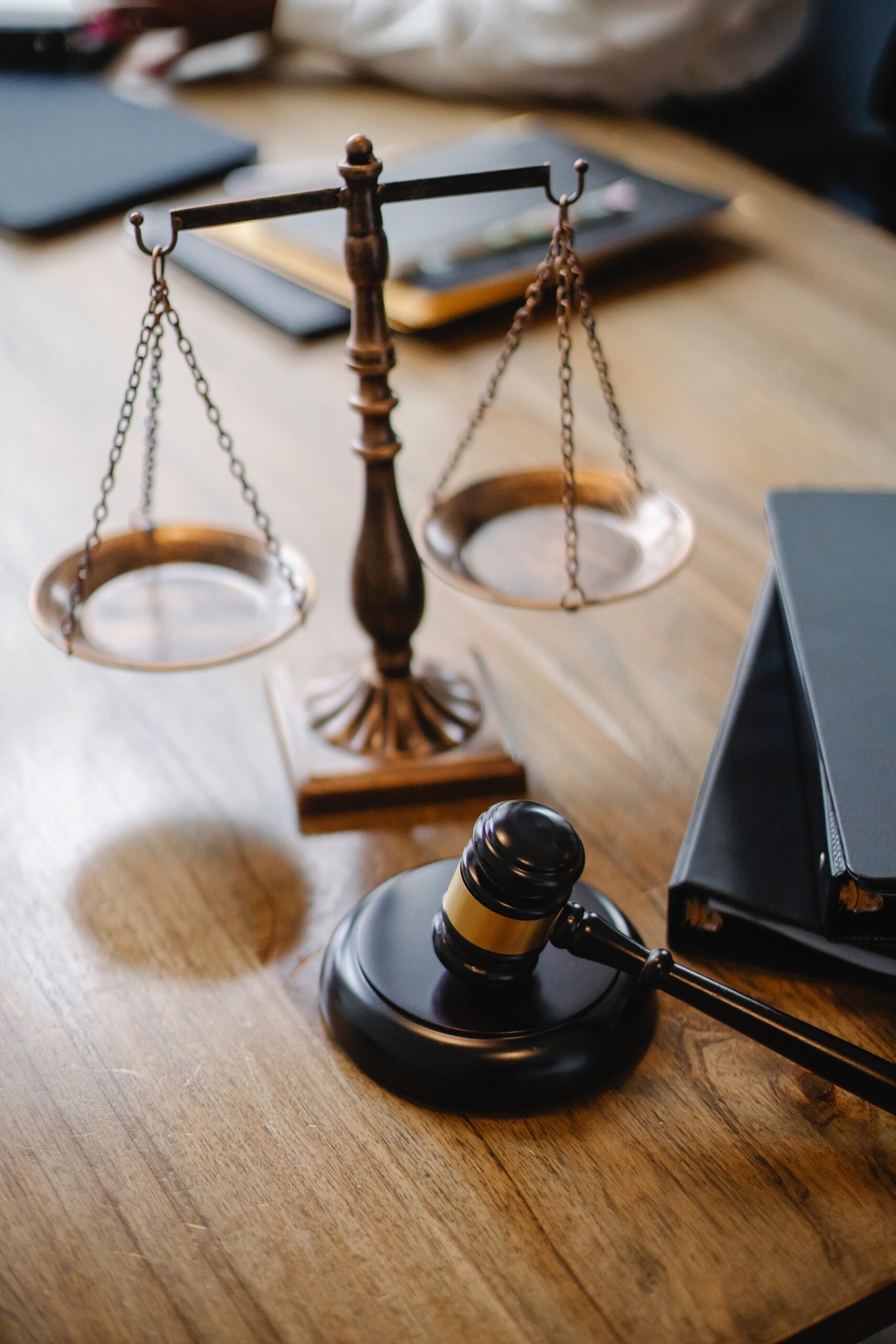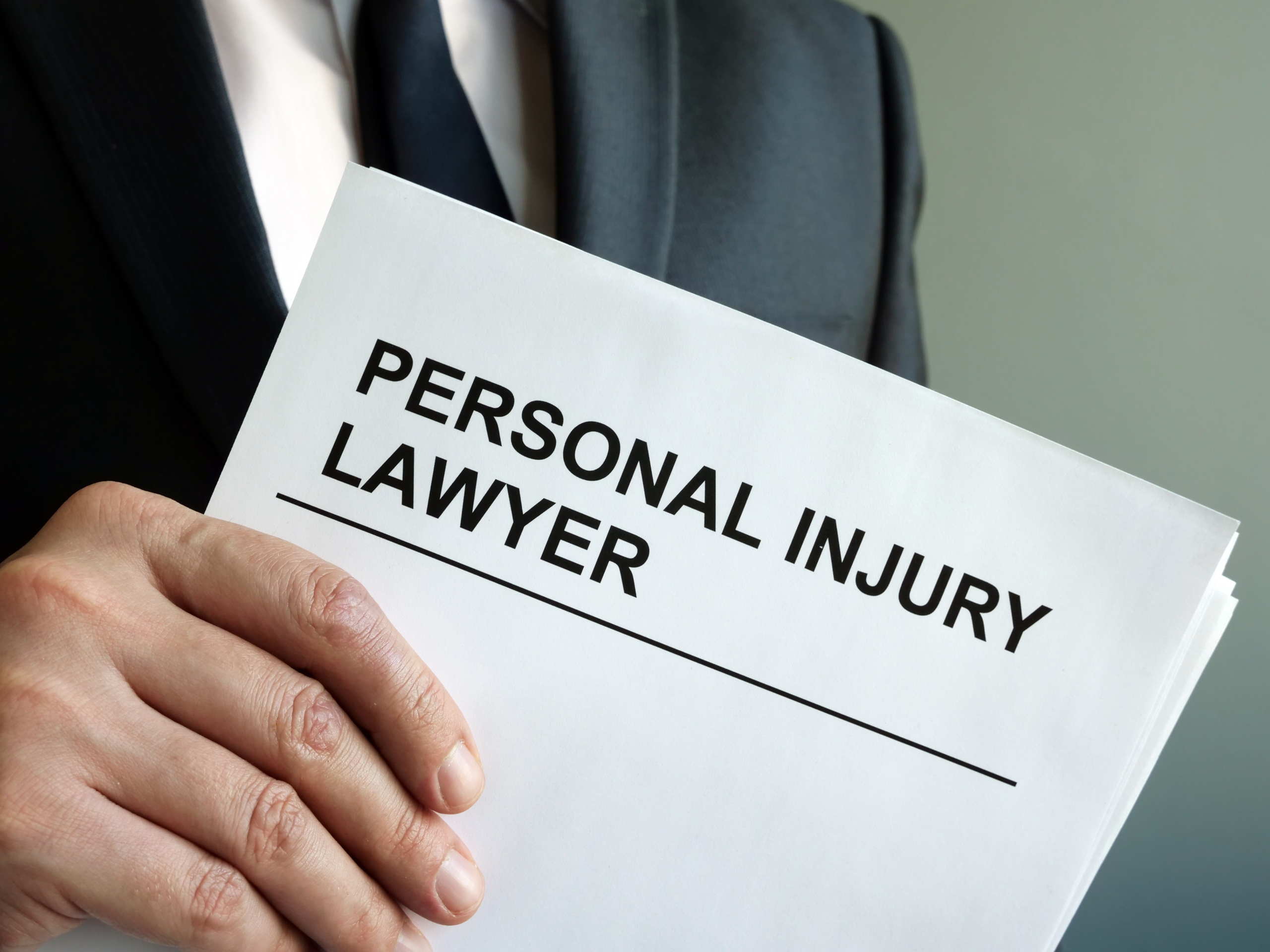Now Reading: Taking Positive Action Against The Supreme Court Diversity Headwind
-
01
Taking Positive Action Against The Supreme Court Diversity Headwind

Taking Positive Action Against The Supreme Court Diversity Headwind
The recent decision of the US Supreme Court to scale back affirmative action programs within legal educational settings has been met with a sense of nervousness from institutions. As Reuters highlights, these rulings are likely to roll back decades of progress in favor of diversity in the legal field, and will have further consequences for wider diversity law movements. With that in mind, legal professionals have a challenge on their hands but nevertheless will be able to meet it, ensuring that legal racial protections remain in place and effective throughout the country.
Working with balance
There are positive signs amid that most recent salvo of news. Alongside that decision on black affirmative action came a contrasting decision concerning elections, following a challenge from a race discrimination lawyer, in which the Supreme Court found that race must be considered in some state-level administrative decisions. As Yahoo highlights, this has made the redrawing of districts in states such as Georgia effectively illegal due to the fact they would have sidelined black votes and voices. While the wholesale crushing of affirmative action within the legal field is undoubtedly a backslide, this other decision does nod towards a level of parity being retained in the most senior courts. That’s something to work towards, and similar developments in other federal courts indicate that there could be further reason for optimism among the legal professional and minority groups impacted by these changes.
Expanding grants
Indeed, in New York, there have already been moves from educational facilities to expand grant programs, according to Spectrum news. This will of course be challenged but, just as businesses have been given carte blanche to choose business based on any given factor, it will be reasonable to see educational facilities given the nod to also act in a manner that befits their interests. Meeting this legal challenge will be essential, and lawyers within the racial justice field and with an interest in seeing this advance will be very busy. This, in turn, could influence wider changes in state law.
Into institutions
Ironically, it may be national institutions that have a better track record on racial injustice and it will be interesting to turn attention to their efforts. According to Military.com, a new ban will affirm and strengthen anti-discrimination practices within the military. The military does, of course, have a wide range of problems that go beyond discrimination, but this is promising in the field of racial injustice at the very least. Large institutions like the military can, and do, underpin national values and the way legal winds blow. If a wider demonstration of equitable values can be made via these institutions, it’ll be good news for the wider system.
Taking the blows in the stride of the wider establishment, and looking to capitalize on positive change, is the challenge here. The move towards true racial equality must be pursued, and that can only be done by meeting challenges laid down by the highest courts head on.










